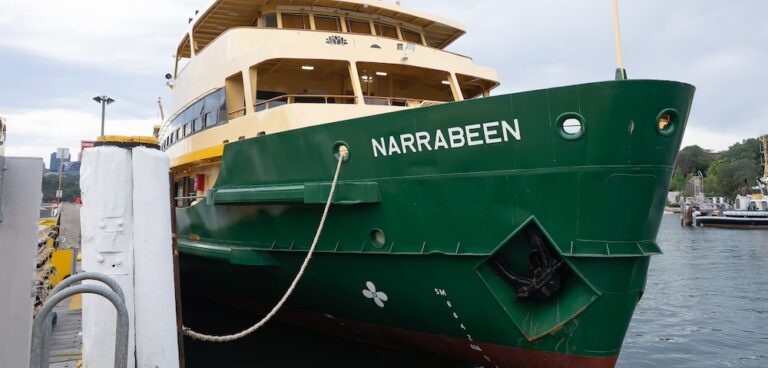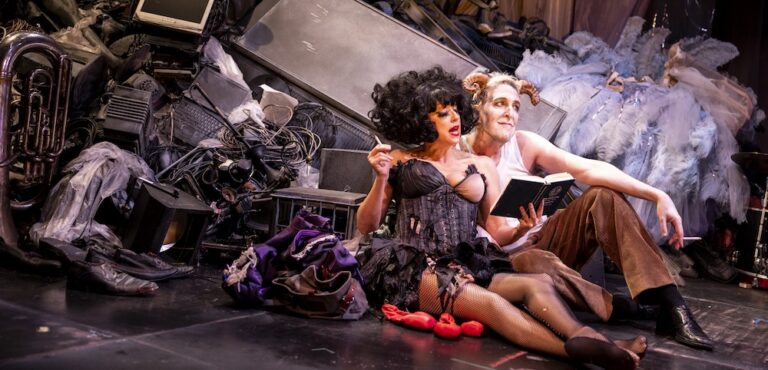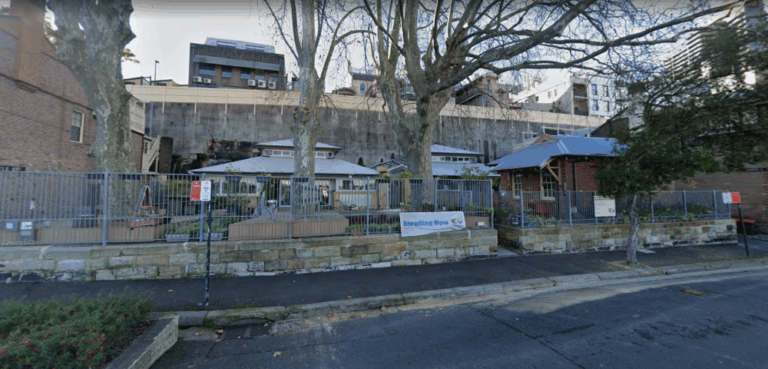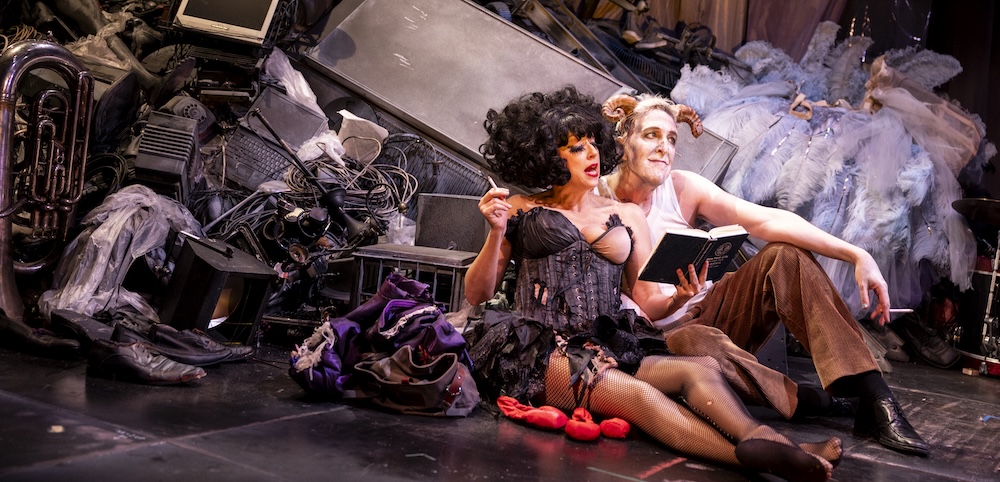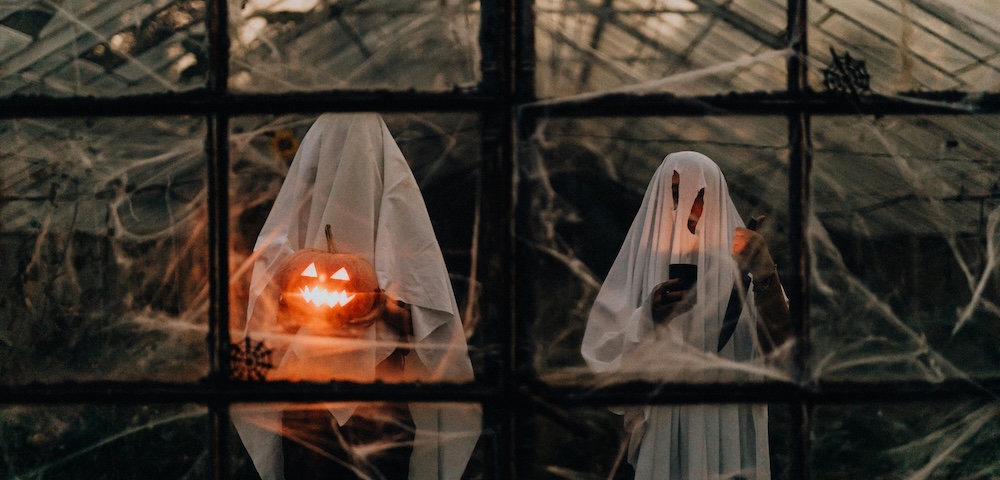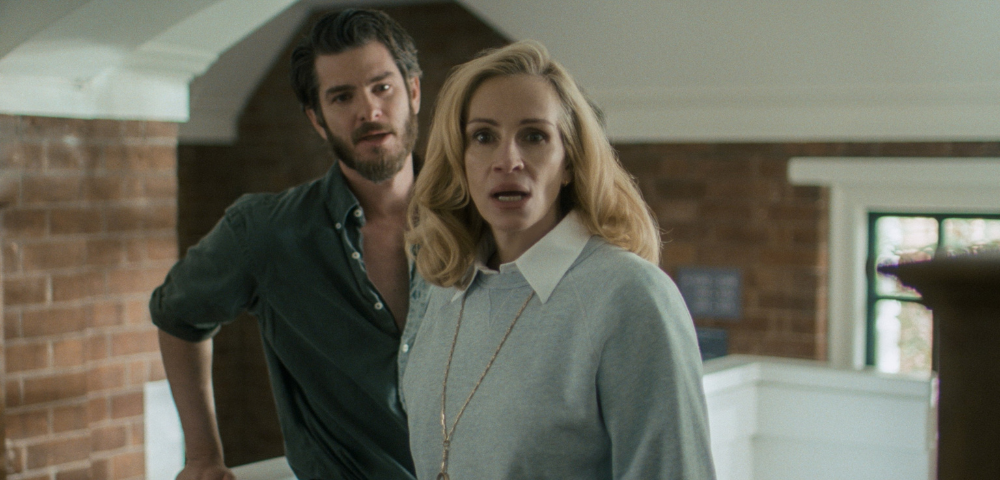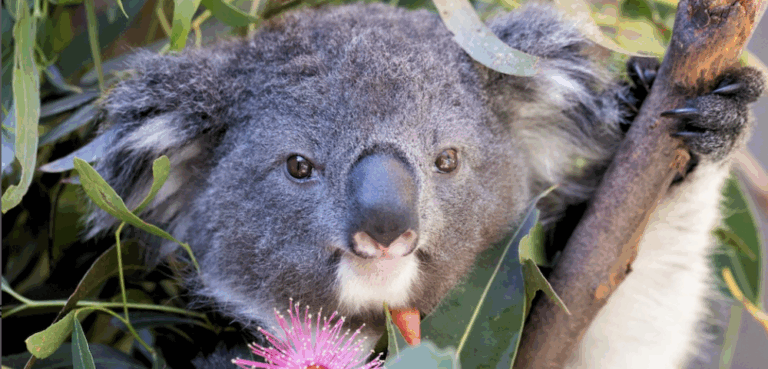
THE NAKED CITY: BANNED BOOKS IN WONDERLAND
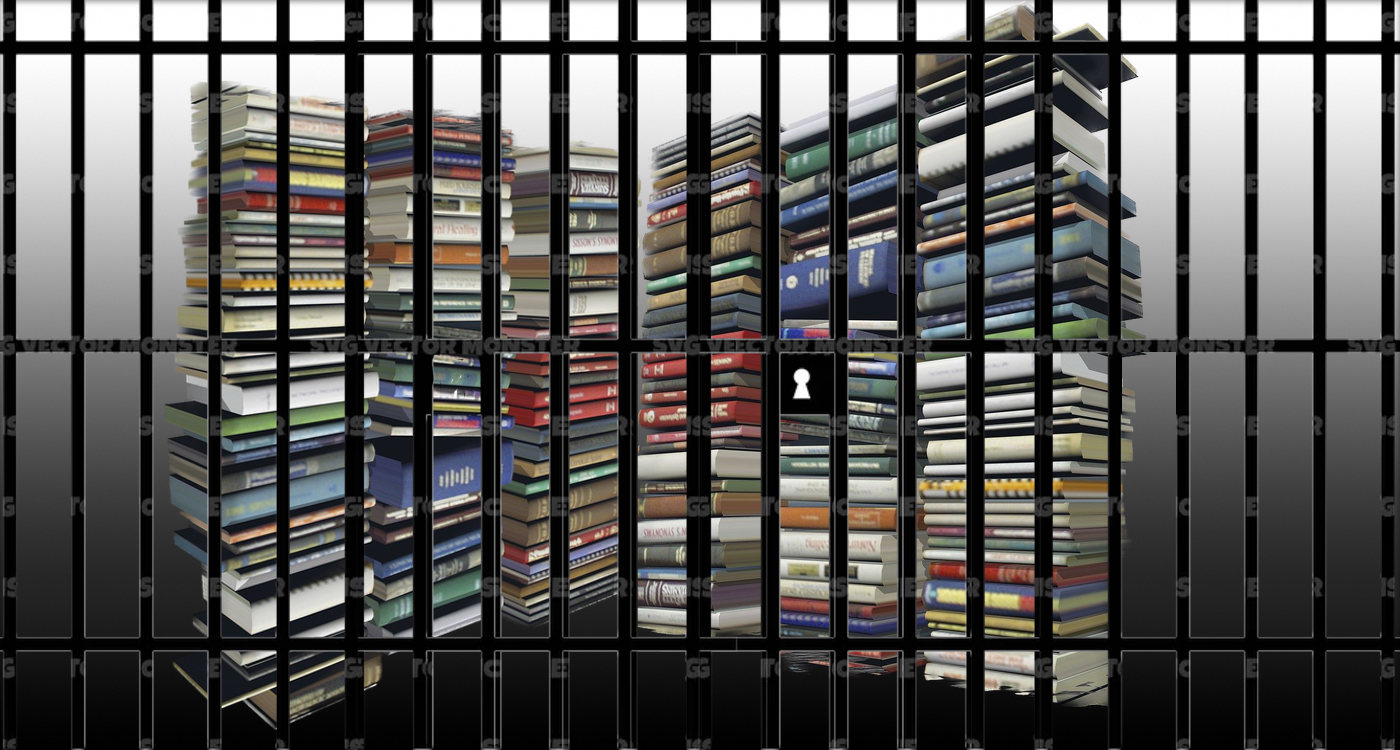
Lewis Carroll’s Alice’s Adventures in Wonderland was first published in 1865 and has been in print ever since in numerous countries throughout the world. Long regarded as a piece of engaging literary whimsy, it seldom attracted any criticism or controversy.
That was until 1931, when in the Hunan province of China, General Ho Chien decided to ban the book as a result of its anthropomorphised portrayal of animals, like the smiling Cheshire Cat and the dandy White Rabbit. Chien believed that the book would have children believing that humans and animals were on an equal level and this could be disastrous.
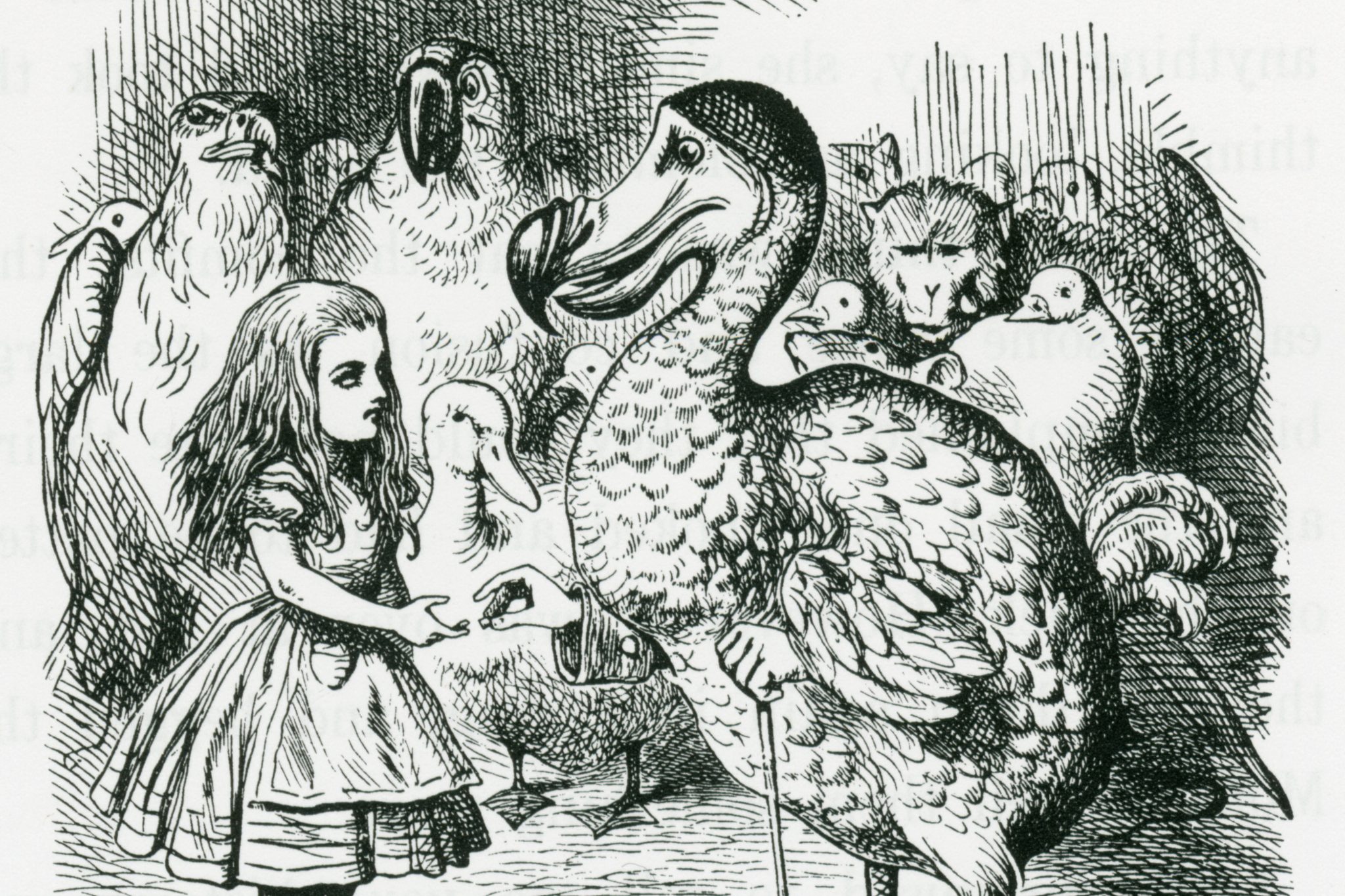
Had Chien’s belief spread globally, hundreds if not thousands of children’s books and films would have been banned on the basis that animals don’t speak and can never match our own level of human intelligence. Disney, for one, would have been forced to shut up shop and Bluey may well have been a mime act. Needless to say, in recent years we have been inundated with anthropomorphic critters of just about every species – although I’m still waiting for the world’s first talking sea cucumber. It’s a creature that, remarkably, has no brain — but then again, that has not stopped a number of current world leaders.
History tells us that the banning of most books is often short lived and invariably counter productive. The recent decision by Cumberland Council to remove books featuring same sex couples from their libraries has caused a real kerfuffle. The decision was supposedly the result of a complaint from distressed parents and brought into play religious and cultural sensibilities in an ethnically diverse area of Sydney.

We have yet to see how the ban is imposed and whether it will involve a ceremonial burning of such books in the Toongabbie Town Centre. In the meantime it has generated a wider discussion on not only the recognition and rights of same sex couples but heavy handed censorship in general. Inner West Mayor, Darcy Byrne has already joined the debate, condemning the decision and labelling it as one that crosses “a dangerous line”. At the moment there’s no chance of a kiddies book, featuring two male hedgehogs who adopt an adorable Arctic lemming, ever hitting the library shelves in Cumberland.
In the days before the internet opened up the floodgates on what you could read, targeted censorship of books was rife in Australia. Whilst books have long been banned throughout the world for political, religious and legal reasons, Australia in the late ‘50s and ‘60s focused very much on morality. To put it bluntly, that was content relating to licentious rumpy pumpy or, as it’s commonly known, sex.

A relatively small number of books came under the scrutiny of both the Federal and State governments and their various agencies, reinforced by religious groups and puritanical moral campaigners. Look at the list of outlawed publications now and all you can do is laugh. It’s hard to believe a couple of Jackie Collins novels, The Stud and The World Is Full Of Married Men, were once banned here. They joined Brendan Behan’s Borstal Boy, Kathleen Winsor’s Forever Amber and Hedy Lamar’s ‘autobiography, Ecstasy and Me, as books you would not find in your local Cumberland library – or anywhere for that matter.
The most famous of all the forbidden reads was D. H. Lawrence’s Lady Chatterley’s Lover, which became the cause célèbre against officious censorship in the 1960s. First published in Paris in 1928, shortly before Lawrence died, it was banned from the outset in Australia and labelled obscene. It gained notoriety here in the early ‘60s when Penguin books in the UK engaged in a landmark obscenity trial which eventually freed the way for its publication. The initial print run of 200,000 supposedly sold out in a day, with sales reaching a staggering two million within a few years. Many of those who bought the book were disappointed with the actual sexual content and left wondering what all the controversy was about.

Despite the UK ruling, it wasn’t until five years later, in 1965, that the Australian ban on Lady Chatterley s Lover was lifted. There are a number of anecdotal stories of Australians returning from England stashing a copy of the Penguin paperback deep in their luggage, only to be sprung by an over zealous customs officer. The book was duly confiscated and no doubt given a thorough flick through by the customs boys to locate the saucy bits.
Ironically, as is the case with many banned books, Lawrence’s novel is now regarded as a literary classic. It’s spawned a celebrated TV series, a feature film and even a musical – and is much loved throughout the world. I can’t guarantee it, but you should find a well thumbed through copy in your local Cumberland library.
